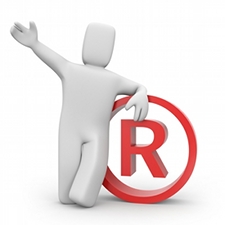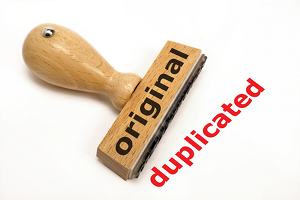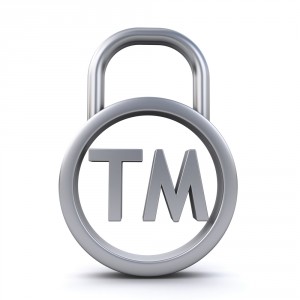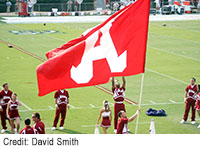 Apple acquired partial European trademark rights to the word “lightning” from motorcycle maker Harley-Davidson’s intellectual property unit, H-D Michigan, LLC, according to public filings with the European Union’s trademark and design unit (see below), and a blog post by Patently Apple.
Apple acquired partial European trademark rights to the word “lightning” from motorcycle maker Harley-Davidson’s intellectual property unit, H-D Michigan, LLC, according to public filings with the European Union’s trademark and design unit (see below), and a blog post by Patently Apple.
Apple uses the term Lightning to describe its proprietary connection interface for iPhone, iPad, iPod, and iTouch devices that were introduced starting in September 2012.
The trademark update, however, currently applies only in the EU, although it seems likely that Apple and H-D also negotiated for the transfer of certain U.S. trademark rights to the word mark.
The H-D unit filed a trademark registration on January 1, 1995, with the U.S. Patent and Trademark Office for “motorcycles and structural parts therefore,” and was awarded trademark registration by the USPTO for the word mark nearly 2.5 years later on June 3, 1997.

 After three years, language-learning software company
After three years, language-learning software company  Facebook, online advertising agency adSage, and a web-based wholesaler of Chinese goods are named as defendants in a new class-action trademark lawsuit accusing them of enabling the placement of, or placing ads for, counterfeit NFL apparel on the social network. (read it below)
Facebook, online advertising agency adSage, and a web-based wholesaler of Chinese goods are named as defendants in a new class-action trademark lawsuit accusing them of enabling the placement of, or placing ads for, counterfeit NFL apparel on the social network. (read it below) For several months, Facebook has
For several months, Facebook has  Last Tuesday, The Trademark Trial and Appeal Board (TTAB) upheld a decision to deny Apple’s trademark application to register its music feature mark that’s used on iPhones and other Apple products. The reason? The mark was confusingly similar to another mark that’s now owned by MySpace. Both marks consist of two musical eighth notes on an orange background. MySpace’s mark was originally issued to iLike, a music service that let users download and share music with each other. However, MySpace bought iLike in 2009, and closed it down a few years later.
Last Tuesday, The Trademark Trial and Appeal Board (TTAB) upheld a decision to deny Apple’s trademark application to register its music feature mark that’s used on iPhones and other Apple products. The reason? The mark was confusingly similar to another mark that’s now owned by MySpace. Both marks consist of two musical eighth notes on an orange background. MySpace’s mark was originally issued to iLike, a music service that let users download and share music with each other. However, MySpace bought iLike in 2009, and closed it down a few years later.
 On July 19th, Rick Quereshi filed a
On July 19th, Rick Quereshi filed a 
 Watch out, Facebook users. Mark Zuckerberg’s social network giant recently modified the company’s S
Watch out, Facebook users. Mark Zuckerberg’s social network giant recently modified the company’s S